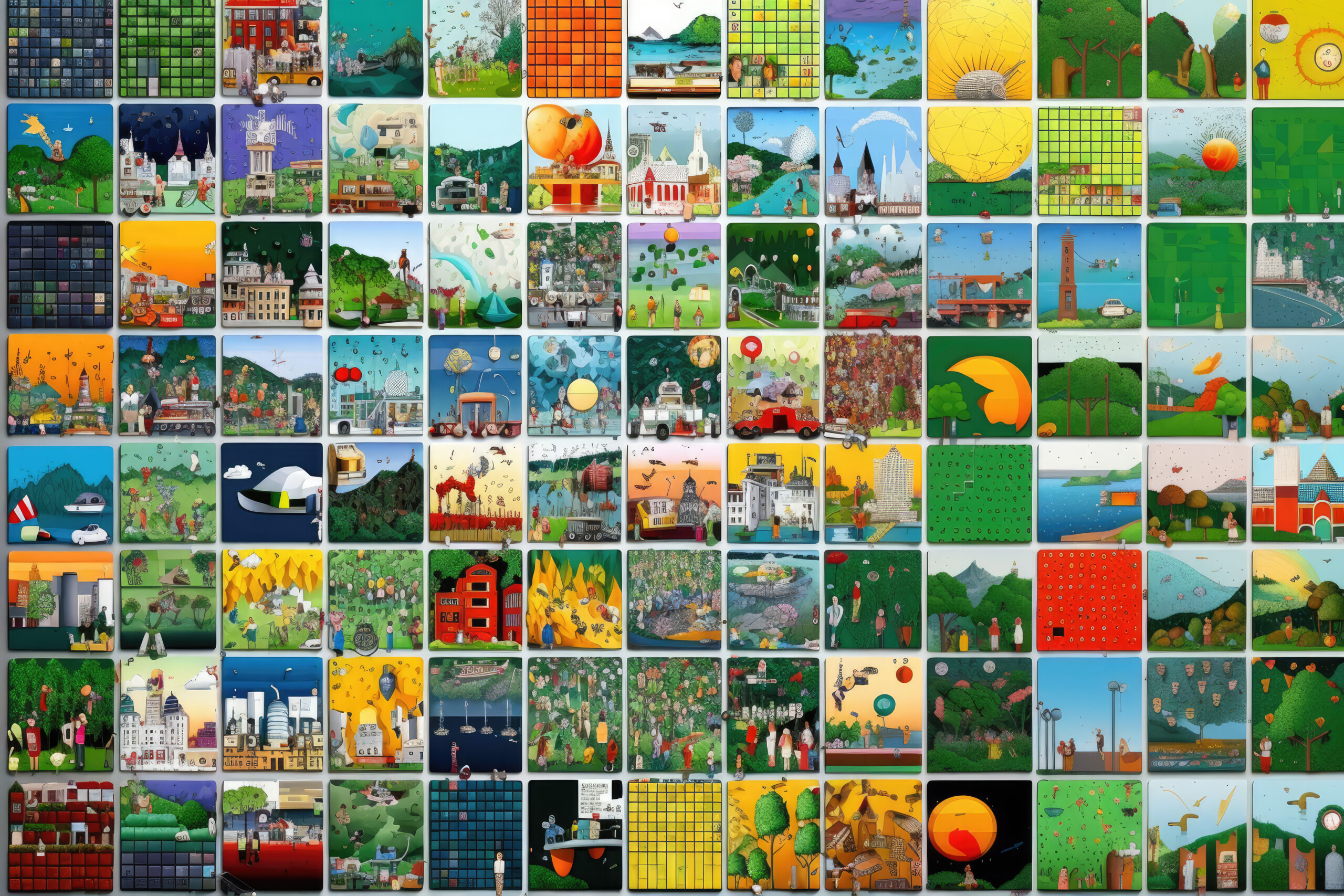Listen to the full podcast episode here.
Below is an abridged transcript featuring some highlights from the interview.
Tell me why you wrote this book and about the book in general.
I decided to write the book because progressive historians have revived a pro-slavery argument from the past: that America would not be rich without slavery. They are trying to set up a case for reparations by saying, “Hey, look, we are wealthy today, but it’s because we had slavery in the past, and now it’s time that we repay that debt.” It is completely wrong. My book, The Poverty of Slavery, looks not just at the United States but at all systems of enslavement from the prehistoric period up to the present, and I don’t ever find an instance where slavery leads to anything more than profits for slaveholders. It never helps overall economies.
Tell me about slavery in the distant past, and then we’ll move forward in time.
The big point is that slavery is ubiquitous over time and space. Most societies had some type of person that would score very low on the freedom scale. And even chattel slavery with outright ownership was common throughout history.
Determining exactly when and where slavery occurred, especially in the prehistoric period, is difficult because you must interpret the physical record, things like prehistoric chains or collections of bones. There was a massacre, for example, on what’s now called the Missouri River that happened in pre-Columbian times. Archeologists found many bones from males and very old females but hardly any from females of reproductive age. This means the massacre was likely part of a slave raid and the raiders abducted the reproductive-age females.
We do know that, as soon as we get written records, slaves are ubiquitous, and nobody is saying, “Hey, there’s this new thing.” It’s always in the context of, “This is common, and everyone knows what this is.” It’s widespread across Europe, Asia, Africa, and even the pre-Colombian Americas. So, slavery is not just what Western Europeans did to Africans. It’s what humans have been doing to humans over millennia.
Can you tell me about the rise of the transatlantic slave trade and the anti-slavery movement?
Europeans didn’t bring the slave trade to Africa. Muslims were already coming down from the north and seizing sub-Saharan Africans or purchasing them from local enslavers. And there was also a system in the East where sub-Saharan and south African slaves were shipped to India and Southeast Asia. Europeans entered this system, outbid the existing slave traders, and sold the slaves to plantations in the Americas.
In terms of the anti-slavery movement, there were some groups and individuals who opposed slavery historically, but they never really gained traction until the 18th and early 19th centuries in the Anglo world.
The transition away from slave labor was eased by the fact that there was another source of labor available: Indian and Chinese coolies. They were indentured laborers, not chattel slaves, but still very low on the freedom scale. So, the places in the British Empire, for example, that relied on African slaves simply switched to these indentured laborers. People convinced themselves that these folks weren’t slaves because they signed contracts, but they were lied to about the conditions, they were illiterate, and they were signing up for 3, 5, or even 10 years of labor 2000 miles away from their homes. Making a mark on a piece of paper in a language they didn’t know hardly indicated their consent.
So, abolition is a nuanced story, but it was still progress.
One important thing is the change in how people thought about slavery. Throughout most of history, people mostly didn’t question slavery’s morality. They just accepted the way things were.
Yes, for most of recorded history, there was very little resistance to slavery. It was thought to be natural or even a good thing for the enslaved. If they were seized in a war or arrested for a crime, for example, they could have been executed, so enslavement was seen as the better option.
You said earlier that, economically speaking, slavery never resulted in “anything more than profits for slaveholders.” Can you elaborate on that?
As far as we can tell, the median profitability of slaveholding was greater than that of other endeavors at the same level of risk. However, that doesn’t mean it was good for the economy. Slavery creates all kinds of negative externalities or costs that are borne by society.
Basically, by resisting their enslavement, slaves create control costs, and enslavers often manage to put those costs on the rest of society. There used to be slave patrols in the U.S. and public armories just in case of a slave insurrection. You had fugitive slave laws where free states had to return runaway slaves to their owners. There’s a whole legal code with all its attendant costs and inefficiencies. Maroon societies would crop up, where escaped slaves would settle in wild places and then raid the slave communities. There were public whipping stations where people could take their slaves and say, “Please whip the slave on my behalf.”
There was also the fact that slaveholders often depleted the quality of their lands and then simply moved West and brought their slaves along with them. They wouldn’t invest in local businesses and infrastructure because they expected to leave in 20 years. Literacy rates in the South were also abysmal because slaveholders didn’t want non-slaveholders to become educated and question the system that the slaveholders had created.
So, slaveholders imposed many costs on society, making slavery extra profitable while hurting the overall economy.
What about modern slavery? How big of a problem is slavery today?
The good news is that we’re at a point in history where the smallest percentage of the human population is enslaved. There are 8 billion people alive today, and roughly 50 million are slaves. That’s a very tiny percentage of the global population. However, that’s also the largest number of individuals who have ever been enslaved at a single point in history, simply because population levels were much lower in the past. That’s a lot of suffering. About half of them are sex slaves, about a quarter are domestic slaves in people’s homes, and another quarter are being worked in agribusiness.
So, there are lots of people to help, but the negative externalities created by slavery today are not as immense as they were in the antebellum United States. But they’re not insignificant either. Since slavery is already a crime, enslavers often engage in other criminal activities like degrading the natural environment or trafficking in drugs and weapons.
I think technology might be able to help. Technology in the past helped us get through that long transition from chattel slaves to indentured servants to wage and free labor. We don’t need humans to pick cotton anymore since machines do it. Likewise, machines could help reduce the demand for sex slavery and domestic labor.



